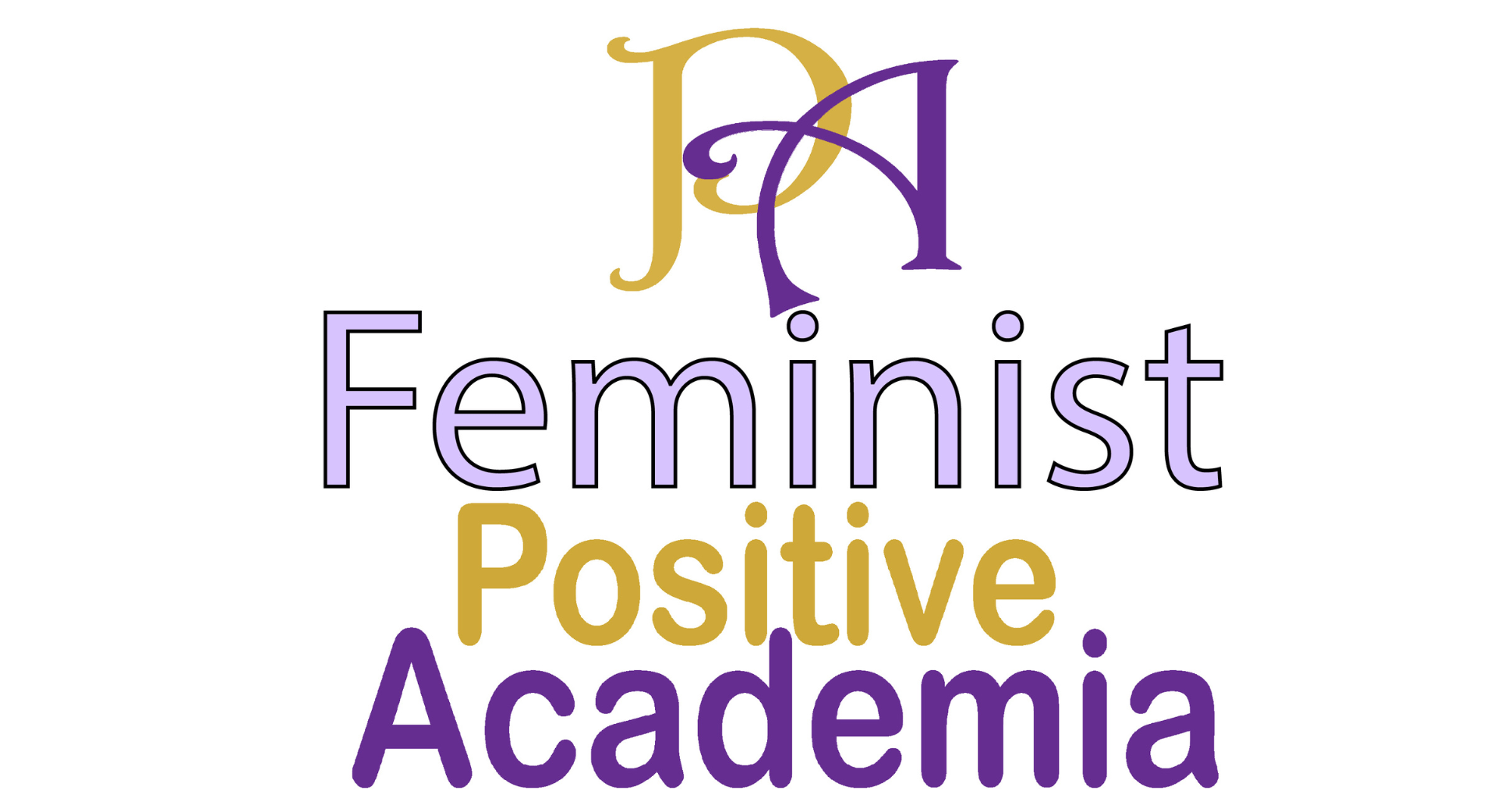
In the Academic Zoo, the elephants were known for their wisdom and strength. However, what truly distinguished them was their profound care for one another. When one elephant fell behind, the herd would halt, forming a protective circle around their companion. The other animals frequently mocked them. “You’re wasting time”, said the cheetahs, sprinting past. “Success doesn’t wait for the slow”, added the hawks, soaring overhead.
But the elephants understood something the others didn’t: their strength stemmed from their unity. When the drought struck the zoo and food became limited, it was the elephants’ circle of care that sustained them. They shared resources, supported the vulnerable, and collaborated to find water.
Other animals started to notice. The lions, once solitary, began hunting in pairs. The peacocks taught the younger birds how to fan their feathers. Gradually, the zoo transformed as animals realized that care and cooperation were as essential as ambition.
Moral: an ethic of care is not a distraction from success in academia; it is the foundation of its strength and resilience.
Are you actively integrating ethics of care in your professional principles?
What are your strategies to foster a culture of ethics of care in academia?
Christa & Anne-Wil

